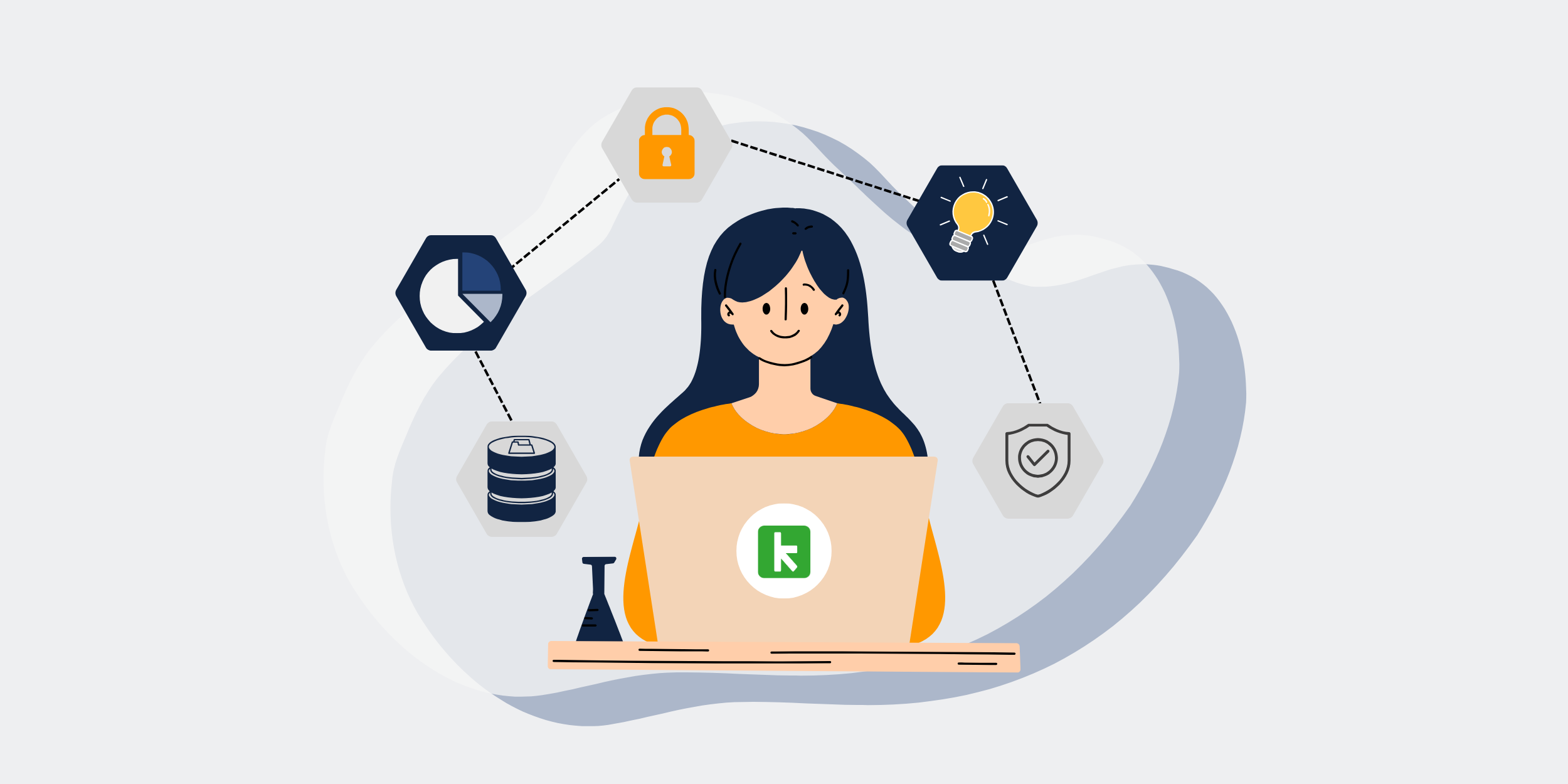Essential Tips for Safeguarding Keap CRM Data Security

Keap CRM Data Protection Tips Every Business Should FollowIn today’s digital landscape, ensuring the security of your customer relationship management (CRM) data is not just a luxury but a necessity. Whether you’re a small business or a large enterprise, safeguarding the data in your Keap CRM system is paramount. But how do you go about it effectively? Let’s dive into some essential data protection tips that every business should follow to keep their CRM data safe and sound. Understanding the Importance of CRM Data ProtectionFirst things first, why is CRM data protection crucial? Well, your CRM system holds a treasure trove of sensitive information—customer contacts, sales data, and sometimes even payment details. If this data were to fall into the wrong hands, it could spell disaster for your business. Not only could you face financial losses, but your reputation might take a hit too. Protecting this data is like insuring your home; you hope never to need it, but you’ll be grateful you have it if you ever do. Implementing Strong Password PoliciesPasswords are the first line of defense against unauthorized access. Imagine your CRM system is a club for elite members only; you wouldn’t want just anyone walking through the door. Make sure your passwords are strong, unique, and changed regularly. Encourage your team to use a mix of letters, numbers, and symbols, and avoid obvious choices like “password123” or “admin”—hackers’ favorite dance partners. Utilize Two-Factor AuthenticationTwo-factor authentication (2FA) is like having a bouncer at the entrance of your elite club. By requiring a second form of identification, such as a mobile verification code, you’re adding an extra layer of security. This simple step can thwart many potential breaches, giving you and your clients peace of mind. Regularly Update SoftwareOutdated software is like a rusty lock; it might still work, but it’s far from reliable. Ensuring your Keap CRM software and any integrated tools are up-to-date is essential. Regular updates often include patches for known vulnerabilities, strengthening your overall security posture. Restrict User AccessNot everyone needs a key to every room in the house, right? The same concept applies to your CRM system. Evaluate who needs access to what information and reduce permissions accordingly. By restricting access, you limit the potential damage a compromised account could cause. Establish Role-Based Access Control (RBAC)Think of RBAC as giving VIP access to only a select few. Different team members have different roles, and their CRM access should reflect that. Sales teams might need customer contact information, while the finance department requires billing details. Tailored access reduces risks and keeps everyone on a need-to-know basis. Regular Data BackupsImagine forgetting to save your work before a power outage—that’s the horror of losing your CRM data without a backup. Regular backups ensure that even in a worst-case scenario, you have a plan B at the ready. Use encrypted storage solutions for added protection. Monitor and Audit CRM ActivityKeeping an eye on CRM activity is akin to watching security footage in a bank. Regular monitoring and auditing help identify suspicious activity early, allowing you to take corrective action before a small issue spirals into a full-blown problem. Utilize Automated AlertsSetting up automated alerts is like having a smoke detector for your CRM system. You’ll be swiftly notified of unusual activity, ensuring a rapid response to potential security incidents. Educate Your TeamYour team is the frontline of your data security efforts. Imagine them as the guards protecting the king’s castle. It’s crucial they understand the importance of data protection and are trained on the best practices. Regular training sessions can keep security top-of-mind and make everyone aware of the latest threats. Secure Your NetworkYour CRM data might be secure, but if your network isn’t, you’re still at risk. Implement strong network security measures, such as firewalls and VPNs, to add an additional layer of protection. This way, even if someone breaches your outer wall, your data remains shielded. Encrypt Sensitive InformationEncryption is like wrapping your data in an invisible cloak. By encrypting sensitive information within your CRM, you ensure that even if data is intercepted, it remains inaccessible to unauthorized users. ConclusionSecuring your Keap CRM data is both a challenge and a necessity in today’s digital world. By following these data protection tips, you’re not just protecting your business but also building trust with your customers. Remember, data security is an ongoing process and requires regular review and updates to stay ahead of potential threats. Stay vigilant, stay informed, and keep your CRM data locked down tight. FAQs1. Why is CRM data protection vital for businesses?CRM data protection is crucial because it involves safeguarding sensitive customer information. Any breach can lead to financial losses and reputational damage. 2. How does two-factor authentication enhance CRM security?Two-factor authentication adds an extra layer of security by requiring users to verify their identity through a second step, such as a mobile code, reducing the risk of unauthorized access. 3. What role does employee training play in data protection?Employee training is vital as it ensures that all team members understand the importance of data protection and are aware of the latest security protocols and threats. 4. How often should CRM software be updated?CRM software should be updated regularly to ensure that security patches and new features are applied, reducing vulnerability to attacks. 5. What is role-based access control?Role-based access control (RBAC) is a method of restricting network access based on a user’s role within an organization, ensuring that individuals only have access to the information they need for their job. |
Get started with CRM-Backup today! Choose your plan now.
